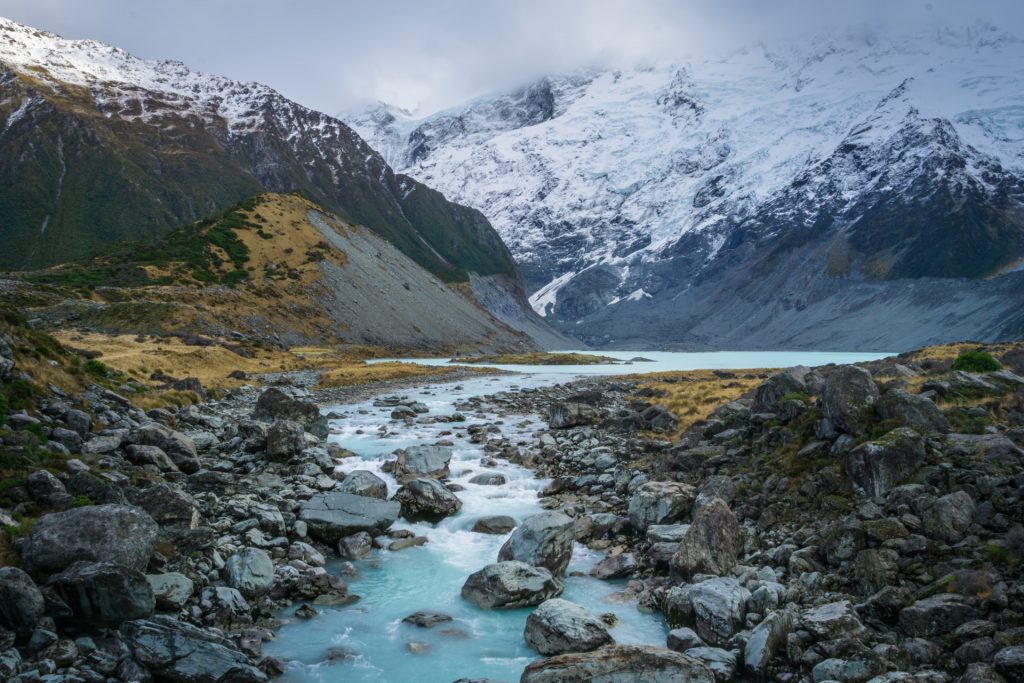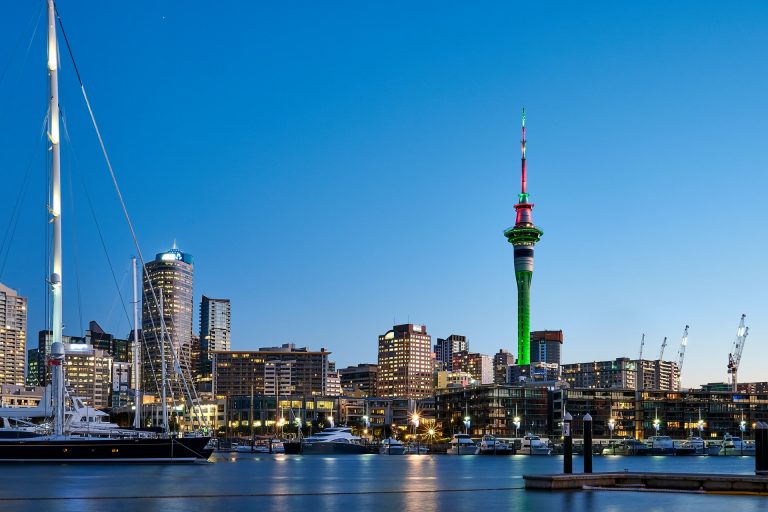New Zealand suspended quarantine-free travel with Australia for another eight weeks due to persistent virus outbreaks on both sides, said Chris Hipkins, New Zealand’s COVID-19 Response Minister on Friday.
“Protecting New Zealand from any possible further spread of the Delta variant of COVID-19 is our absolute priority.”
Conditions have dramatically deteriorated since the travel corridor agreement with Australia started back in April, he claimed.
The traveler corridor “was suspended for eight weeks” as the highly infectious Delta strain spread over Sydney and Melbourne in Australia.
The suspension was set to be lifted on September 24, but now Aussies and Kiwis will have to wait at least until the end of November to resume travel.
In view of how the coronavirus has wreaked havoc on both weak and strong economies around the world, both countries appear to be doing well from the outside.
Over the last 24 hours, New Zealand reported 16 positive cases raising the total caseload to 4,014 infections and 27 deaths.
“We have made great progress to contain our current outbreak and are working hard to ease restrictions next week. Reopening quarantine-free travel with Australia at this point could put those gains at risk,” said Hipkins.
Hipkins also expressed concerns about what he called the “uncontrolled community transmission” in New South Wales, Victoria and Sidney, Australia.

However, according to Bloomberg’s August Covid-19 Resilience Ranking, New Zealand, which held the top position in the ranking of best countries at managing the pandemic since November, has now fallen 26 spots.
The rather strict lockdowns turned the country from a relaxed place to live into a fortress with citizens unable to put a step outside home for days in a row.
Now the top five are occupied by Norway, Netherlands, Finland, Ireland and Austria and the bottom five by Thailand, Vietnam, Indonesia, the Philippines and Malaysia.
Contrary to Hipkins’ opinions about the epidemiology situation in Australia, the country is not exactly experiencing a tragedy if compared to most countries around the globe.
Instead, it has shown signs of possibly reopening its international borders around December 18, 2021.

